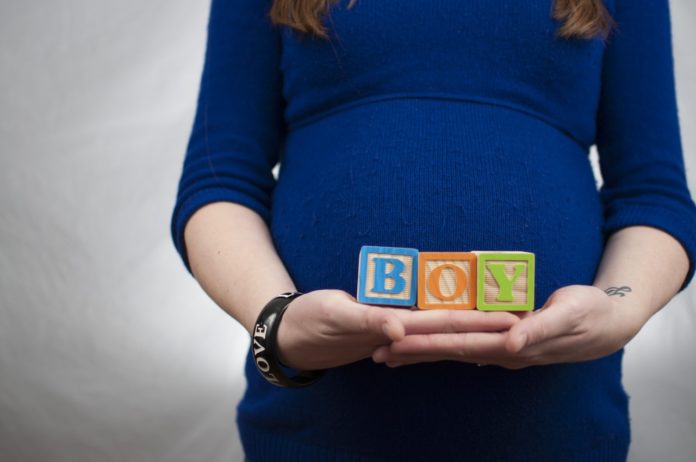Additional routine ultrasound in late pregnancy is beneficial to both mother and babies and is also cost saving
Universal late pregnancy ultrasounds at 36 weeks would benefit mothers and babies and could be cost saving, according to new research published today in the journal PLOS Medicine.
An additional routine ultrasound could eliminate undiagnosed breech presentation of babies, lower the rate of emergency caesarean sections, and improve the health of mothers and babies.
Breech presentation occurs when a baby’s buttocks or feet emerge first at birth leading to increased risks for both the mother and baby during childbirth. Normally, midwives and doctors feel the pregnant mother’s bump to assess the position of the baby. But the sensitivity of this approach varies by practitioner.
By routinely using ultrasound scanning, undiagnosed breech presentations in labour could be avoided, lowering the risk of complications, including death, for both mother and baby.
Researchers performed screening ultrasounds at 36 weeks gestation in 3,879 women having first pregnancies in England.
A total of 179 women (4.6 per cent) were diagnosed with breech presentation by the scan. However, in over half of these cases (55 per cent) there was no prior suspicion that the baby was in the breech position.
By routinely using ultrasound scanning, undiagnosed breech presentations in labour could be avoided, lowering the risk of complications, including death, for both mother and baby
Making the diagnosis at 36 weeks allowed women to opt for an attempt at turning the baby, called external cephalic version. For the women who declined this procedure, or where it was unsuccessful, a planned caesarean section was arranged.
None of the women opted to attempt a vaginal breech birth, which is known to be associated with an increased risk of complications, particularly in first pregnancies.
Dr Ed Wilson, from University of East Anglia‘s Health Economics Group in the Norwich Medical School, said: “We estimate that UK-wide routine scanning could prevent around 15,000 undiagnosed breech presentations, more than 4,000 emergency caesarean sections and between seven and eight baby deaths per year.”
Gordon Smith, Professor of Obstetrics and Gynaecology at the University of Cambridge and Chief Investigator of the study said: “We believe the study highlights an opportunity to identify women at increased risk of a complicated birth. It seems likely that screening for breech presentation near term could be introduced in a cost-effective manner and this should be considered by the NHS and other health systems.”


